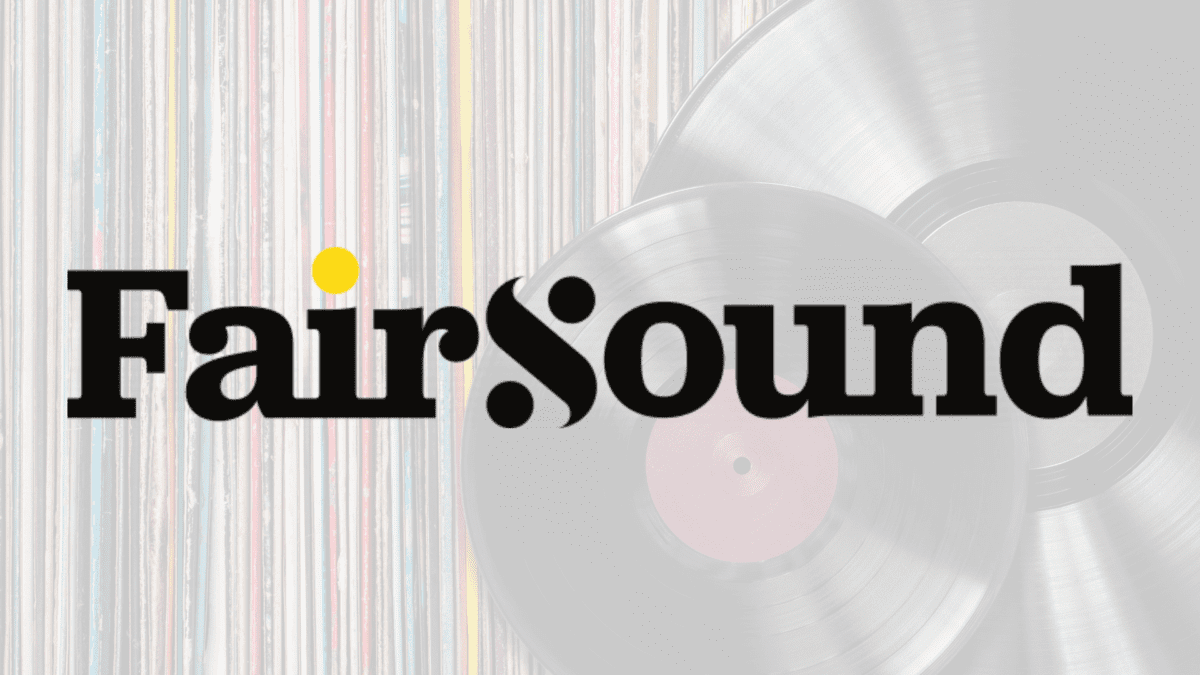
What is a Recording Engineer?
A recording engineer is an expert in respect of everything to do with audio. Their main role is to prepare and operate recording equipment for themselves or a client. They are also responsible for producing and adapting music until it sounds perfect (which can be very subjective).
This job draws on many disciplines including electric engineering, psychoacoustics and music theory.
Recording engineers have to be very knowledgeable across a wide variety of music equipment, both analog, digital, and numerous audio editing software programs and DAW.
They usually use technology such as digital recorders, mixing boards, preamps, compressors, mics, listening equipment, and various software packages. The role requires them to find the delicate balance between science and art and understand an artist’s requirements and then communicate the artist’s ideas and vision into a finished song or professional master recording.
It’s not an easy journey to take when thinking about becoming a recording engineer, but hard work, dedication, and making a name for yourself should go a long way to eventually getting paid clientele and a successful career.
So, How Do You Become a Recording Engineer?

Although many roles in the field do not require you to have a traditional education, Universities and accredited institutions around the world offer degrees for sound recording, such as a degree in audio production.
The University of Miami was the first university in the US to offer a four-year bachelor’s degree in sound and engineering technology. dBs Music in London, The University of Birmingham, and Berklee College of Music also offer highly rated degrees in Music Engineering or Music Production with a strong emphasis on audio technology.
There are also many online courses and masterclasses to help you gain some key skills needed for becoming a recording engineer. Practicing how to use music software will also be a huge advantage – nothing beats hands-on work experience in our view.
Experience plays a big part in the sound recording field and being mentored by existing professionals in the field can have a great impact on your career. Taking out work experience in a local recording studio or larger studios in a nearby city could also boost your career as an audio engineer.
Famous Audio Recording Engineers
Famed recording engineers such as Bob Ludwig, Dave Pensado, and Andrew Scheps are also good musicians as well, so it helps to have an overall background in music and songwriting.
Mastering at least one instrument and being very knowledgeable about the entire process of recording music and the music industry will be of great value and use when looking for recording engineer jobs and working for clients.
Even going to a local club or bar that has live music could be helpful. Take notes on how these recording engineers use soundboards to achieve the desired effect, adjust acoustic levels and interact with the people around them. Network and make friends in that community and people will generally be happy to give you good free advice and maybe some work exp.
What Does A Recording Engineer Do In A Commercial Studio?

Within the studio, main and assistant recording engineers carry out a wide range of duties i.e. noise level testing, audio post-editing, acoustical design, and sound control. Depending on the artist’s project, a recording engineer will perform tasks on a scale of levels, from microphone placement to the more complex aspects of sound waves and sound wave integration.
Another important part of work as a recording engineer is the process of translating analog to digital sound and harmonizing sounds to visual media. In the studio, the engineer may also be in charge of editing, mixing, and mastering as well as recording sound. Recording engineers should also be familiar with the layout and installation of equipment for audio recording.
Although they should be educated in the overall process of recording, typically a recording engineer will specialise in only one or two steps in the overall process of recording sound. The steps involved in the production of a recording are as follows: recording, editing, mixing and mastering.
Freelance Recording Engineer Vs. Full-Time, Studio Engineer
Few jobs in the music industry are actually advertised.
Much of the recruitment for job roles such as engineer of record is done by word of mouth. This is one of the reasons why many recording engineers decide to become self-employed freelancers.
Although the process of becoming a freelance engineer may seem scary at first, it could provide many benefits compared to working full time in a studio. Flexibility in terms of working times and the choice of your clients are probably the biggest advantages, plus you decide what to charge, rather than the studio take a big cut.
The industry is overflowing with aspiring artists who may have smaller budgets. Reaching out to these artists could be a good way to grow your client base, maybe even offering some free services to get you started or heavily discounted on the standard rates.
Using social media and showcasing your work on various apps is also a good way to gain initial clients.
Setting Up Your Own Engineer Studio

As you might already know, professional studios are expensive. However, not all is lost. Many great hits have come from “bedroom studios”!
You don’t need a state-of-the-art Digital Audio WorkStation (DAW) or the latest Apple Mac Pro to get started. An average MacBook Pro/ iMac or their PC equivalents is a good enough starting point for a home DIY recording studio.
The next thing you will need is a DAW. Most engineers use Avid’s Pro Tools for complex audio mixing, manipulation, and routing. This app may be expensive to purchase, however, Pro Tools is also available on a yearly subscription making it much more affordable. Apple’s Logic Pro or Steinberg’s Cubase or Reaper are also good alternatives.
The next piece of equipment that you’ll need as a recording engineer is an audio interface. This will enable you to record audio such as your voice, guitar, drums, etc. via a microphone or instrument cable and give you some quality outputs for a set of speakers or monitors. Audio interfaces can range from as cheap as £100 all the way up to the thousands.
Where To Purchase Equipment
eBay can be a good source of second-hand bargains, so if you’re not too fussed about second-hand interfaces definitely look around online. We recommend the Focusrite Scarlett 8i6 3rd Gen USB Audio Interface and similar affordable models.
Other pieces of equipment that are essential to your home studio are studio monitors (speakers), headphones, and microphones. Again, these can range in price, but you will be sure to find some good bargains after looking around online.
Getting great acoustics is not just down to the microphone – consider the quality of the room you will record in. You can buy budget materials or even use things already lying around the house like mattresses, blankets, etc. to dampen the room. And there you have it – your own recording studio!
If you do choose to venture out of home and find a studio space, make sure you are aware of all of the costs of renting/acquiring that space including overheads like electricity. The neighborhood where you decide to set up your studio should be in a location where artists can easily travel to.
Accessibility and whether the area is in line with the artists you ideally want to work with should also be factors to consider.
What Skills Does a Recording Engineer Need?
- A good ear for pitch, timing and musical sound
- Exceptional knowledge of musical recording software and hardware
- An imaginative and rational approach to solving problems
- Patience, particularly for working in the studio where reaching the perfect sound may take a while
- Good communication and listening skills
- Strong interpersonal skills – recording engineers need to be attentive to the needs and wants of their clients
- Attention to detail
- Able to respond well to criticism and improve using said feedback
- Teamwork – engineers will be working collaboratively with other technical staff and artists
- If you choose to work as a freelance recording engineer, you will need to be good at budgeting and negotiating.
How Much do Recording Engineers Earn?
A recording engineer salary will depend on which industry they choose to specialize in, i.e. working in a small or large studio or live music. Whether you decide to go into music, film radio, etc. will also determine your salary.
Recording engineers’ salaries can start off at as low as around $15,000 when just starting out. More skilled mixing engineers can expect to earn up to $40,000. Engineers working with very successful artists can earn a great deal more with some chief engineer salaries reaching six figures!
Now primarily a musician, Alan Parsons created shockwaves working as an audio engineer by mixing and producing for the likes of Pink Floyd. Glyn Johns, Phil Ramone, and Bob Ludwig are also examples of successful musicians who started out as record producers and recording sessions.
Conclusion & Advice
Thinking about becoming a recording engineer?
There’s no set career path to this role but typically you’ll enter as a runner or technical assistant and then work your way up to the level of an engineer unless you want to go the DIY route.
Setting up a studio is also a way to go and this process will help you to develop managerial and relationship-building skills.
If you choose to become a freelance recording engineer, your rates will rise with experience, the reputation you build for yourself and the success of the artists you collaborate with.
Going up in the field is down to hard work, but also, somewhat, down to being in the right place at the right time. Networking, making a good impression, and building a rep is also crucial for developing your career.
Social media and online presence are everything these days. Don’t forget to create a website or a blog to market yourself, share snippets of projects you are working on and interact with others in the industry. Good luck!










